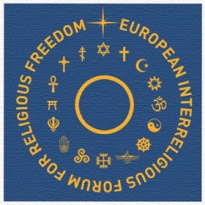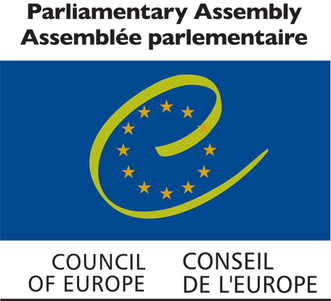On January 29, 2020 the Parliamentary Assembly of the Council of Europe (PACE) passed a resolution called "The protection of freedom of religion or belief in the workplace". As all PACE's resolutions, this one is not a binding law for the 47 countries of the Council of Europe. Nevertheless, it has the strength of its consensus amongst European members of national parliaments that represent their countries at the PACE. In terms of soft law, every government in the Council of Europe's should pay attention and head to compliance.
Following a long tradition of resolutions and recommendations by PACE aimed at preserving FoRB, the aforementioned resolution states:
Following a long tradition of resolutions and recommendations by PACE aimed at preserving FoRB, the aforementioned resolution states:
1. The Parliamentary Assembly recalls that Europe is home to a wide range of religious beliefs and that it promotes the culture of “living together” based on religious pluralism. On many occasions, it has condemned acts of intolerance and discrimination on grounds of religion or belief and has called on Council of Europe member States to take stronger measures to combat such acts.You can read the full resolution on PACE website here.
(...)
6. The Assembly also notes that the presence of members of different religious or non-religious groups may cause challenges in the workplace that some employers may try to resolve by imposing prima facie neutral rules. However, the application of prima facie neutral rules in the workplace – such as those on dress codes, dietary rules, public holidays or labour regulations – can lead to indirect discrimination of representatives of certain religious groups, even if they are not targeted specifically.
7. The Assembly reaffirms that member States have an obligation to ensure non-discrimination in the workplace including on the grounds of religion or belief. The freedom of employees to practice their religion or belief may only be restricted if the restrictions
are in line with human rights law and standards, necessary, proportionate, and pursue a legitimate aim.
8. The Assembly, therefore, calls on Council of Europe member States to:
8.1. promote a culture of tolerance and “living together” in a religiously pluralist society, in accordance with Articles 9 and 14 of the European Convention on Human Rights and other international legal instruments on human rights protection;
8.2. ensure that the right of all individuals under their jurisdiction to freedom of thought, conscience and religion is respected without impairing for anyone the other rights guaranteed by the European Convention on Human Rights and other international human rights instruments;
8.3. take all necessary measures to combat discrimination based on religion or beliefs in all fields of civil, economic, political and cultural life.
9. Given the importance of the right to manifest one’s religion or belief in the workplace, the Assembly calls on Council of Europe member States to:
9.1. adopt effective anti-discrimination legislation which covers prohibition of discrimination on grounds of religion or belief and establish appropriate monitoring mechanisms to assess its implementation, in case this has not been done yet;
9.2. take legislative and any other appropriate measures, in order to ensure that employees can lodge claims that their right to non-discrimination on the grounds of religion or belief has been breached;
9.3. establish appropriate adjudication and other adequate mechanisms to deal with claims of discrimination on the grounds of religion or belief, or any other prohibited grounds;
9.4. provide training and advice to public and private employers in order to heighten their awareness of the notions of religion and religious diversity, as well as the right to non-discrimination;
9.5. encourage dialogue between employers, religious communities, trade unions and non-governmental organisations working for the protection of human rights in order to foster co-operation and tolerance;
9.6. promote the work of national human rights institutions on combating discrimination, including indirect discrimination based on religion or belief, and encourage them to develop training activities for both public and private employers.









 More than 100 NGOs and personalities write to French Parliamentarians about the law on cults
More than 100 NGOs and personalities write to French Parliamentarians about the law on cults